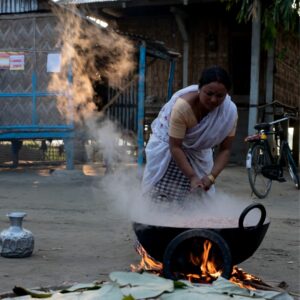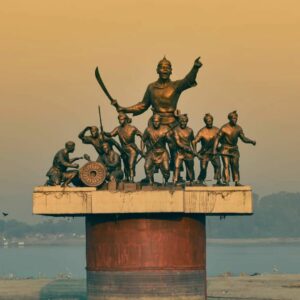TABLE OF CONTENTS
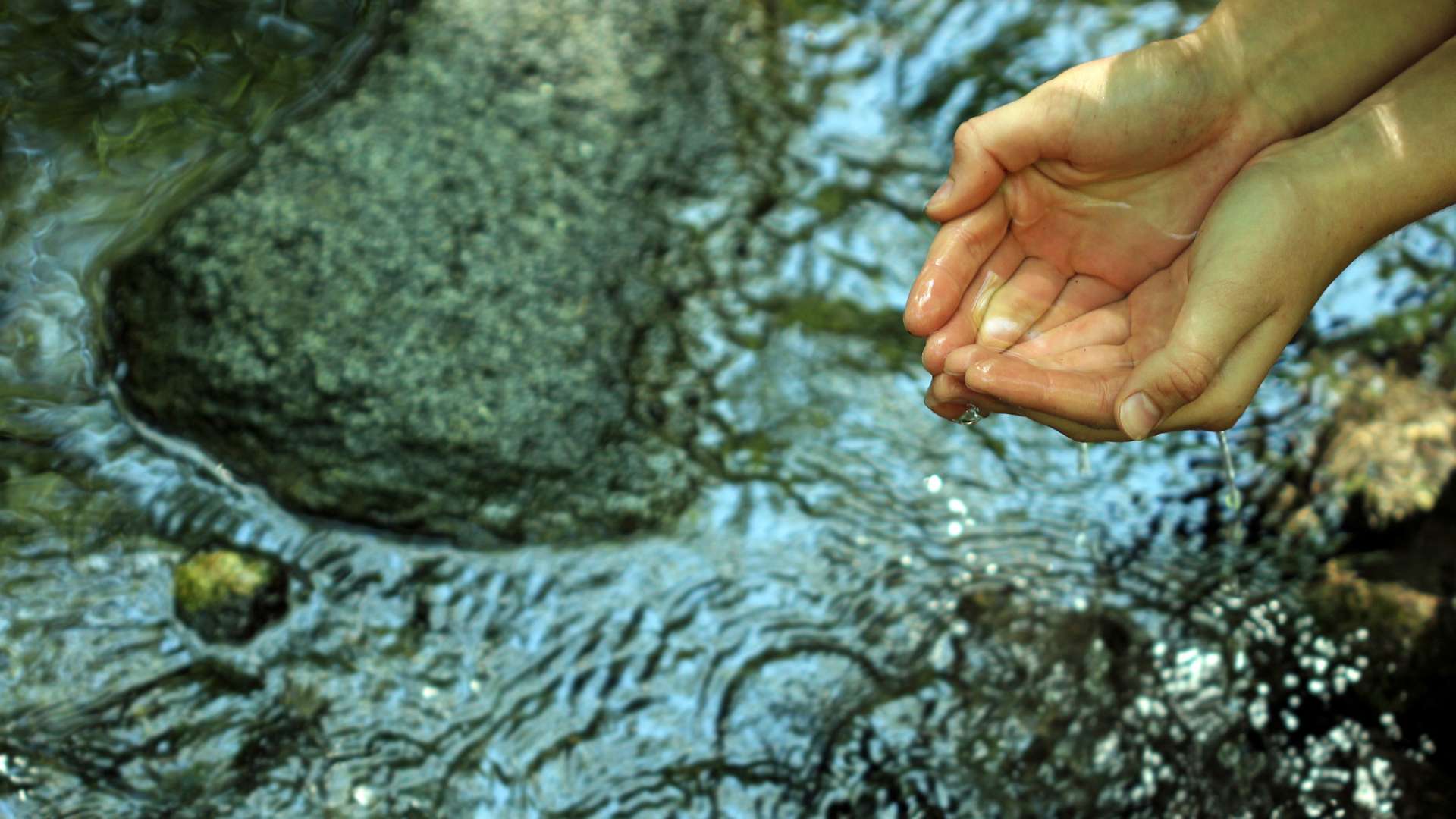
Though it may sound very specific and random, it has never been more important to discuss this topic. The North East of India has always been known as a region filled with natural resources. Who would ever consider such an untouched region to ever have a water problem? Well, you’d be surprised at the number of places that are needing to buy fresh water every year. Whether it be cities like Guwahati, or popular tourist destinations like Ziro in Arunachal Pradesh, or even record holders (rainfall) like Mawsynram and Cherrapunjee in Meghalaya. Yes, even the rainiest destinations in the world are facing huge problems of water scarcity in the winter months
As operators in the region, we would like to urge our travellers to constantly think of how travel can be used as a force for good while visiting these destinations instead of letting our footprints affect the region negatively. That being said, let’s go into 5 ways that you, as a traveller, can contribute when it comes to water conservation in the places you travel to-
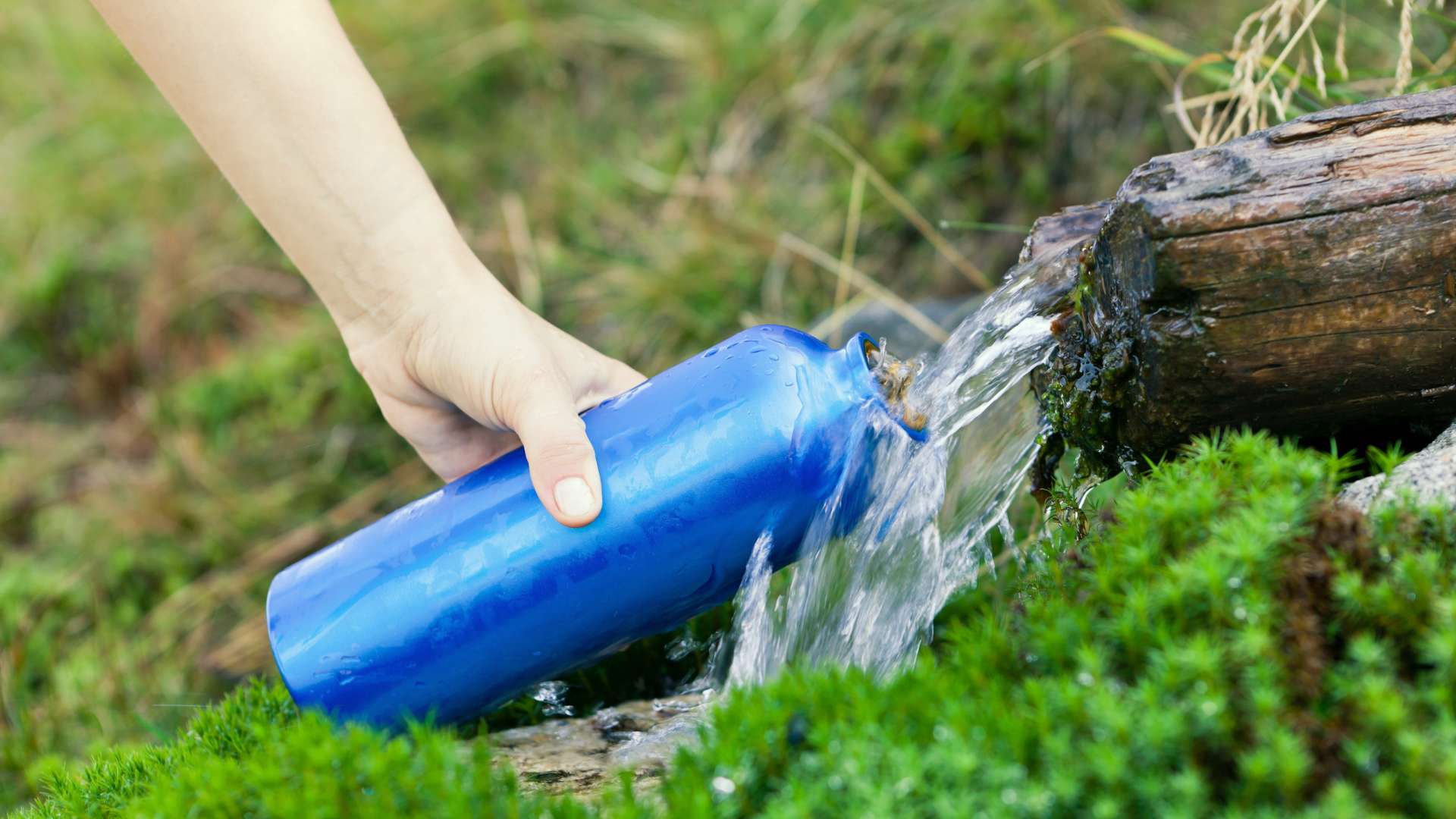
Learn About Local Environmental Issues
Do some research before you travel to understand the local water situation. Some regions face water scarcity,
and others may have issues with water quality. Talk to your local hosts about their relationship with water. By
understanding these issues, you can make informed choices about how to use water responsibly during your
trip.
Be Water-Wise
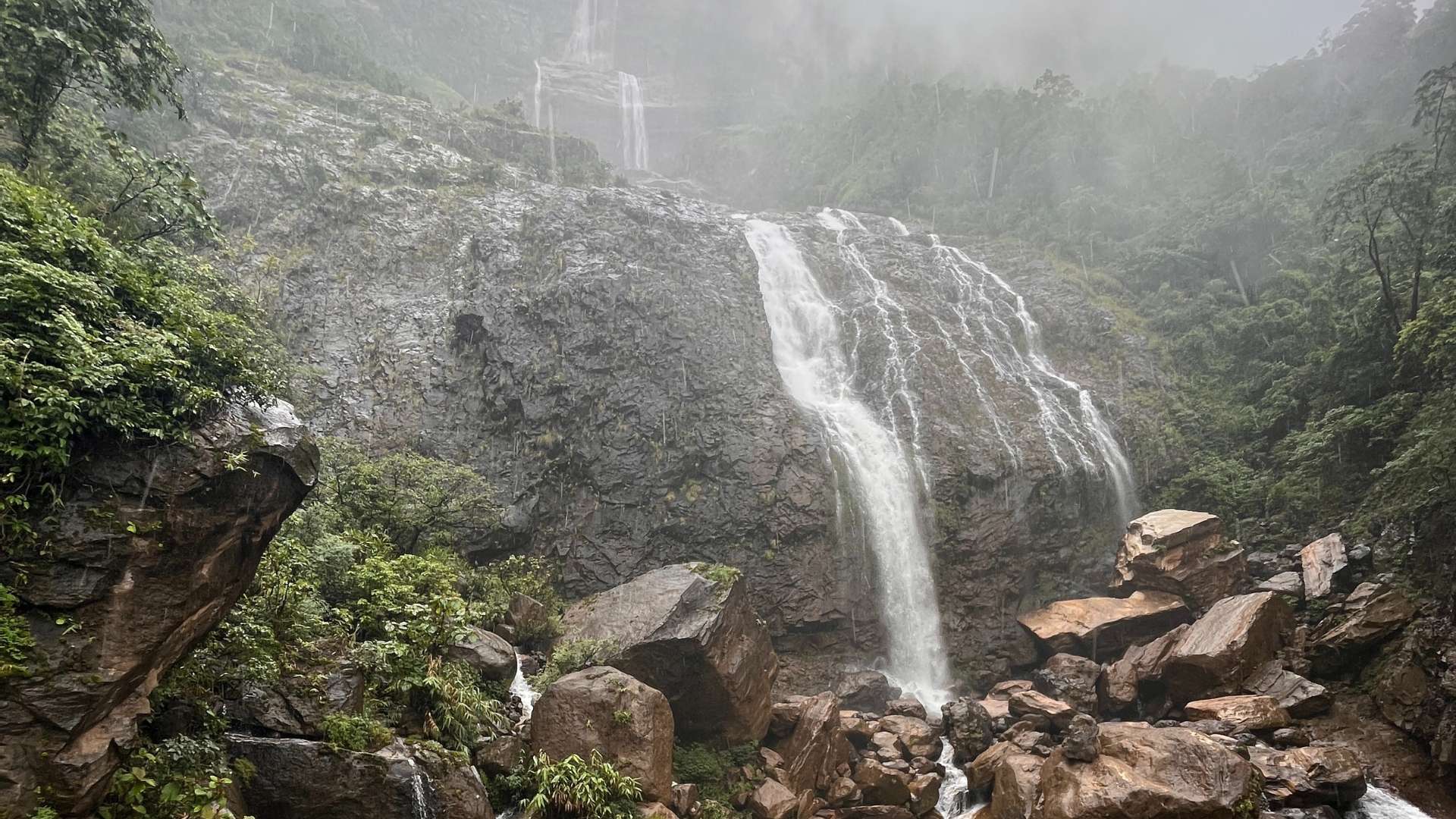
Support and Promote Sustainable Tourism Practices
Choose accommodations, restaurants, and tour operators that prioritize sustainability and responsible practices surrounding water resources.
Though it is ideal to look for and encourage stays that use water-saving technologies and practices, such as low-flow toilets and faucets, rainwater harvesting, and grey water recycling, when it comes to the North East of India, very few properties that are truly responsible are around. That’s why, even when you visit a property or homestay that is not as aware, learn to first gently guide and motivate them instead of trying to school or shame a local person on how their home should be more responsible. Not everyone is aware about the water issues of the world or the best steps forward to minimize these problems. After all, a lot of times, “best steps” are ideas from a western perspective – and very often, in your travels, you will find bits of local rural knowledge that is way ahead of what many modern cities may be aware of!
Participate in and encourage community-led initiatives that support sustainable water management.
Many destinations are now initiating community-led programs that are exploring responsible tourism and sustainable development, including conservation of essential resources like water through tourism. While spending time in a region, or researching it, learn more about these so you can participate in and support them while there. From a distance, you can always consider donating to credible organisations (please do your research) who address such issues.
The Cabinet after detailed a deliberation approved the Meghalaya State Water Policy 2019. It is historic for #Meghalaya as we have become the first State in the country to have a State water policy.@PMOIndia @narendramodi @gssjodhpur pic.twitter.com/KRsdx8NyEv
— Conrad K Sangma (@SangmaConrad) July 12, 2019
Share Your Knowledge and Experiences
Conclusion
FURTHER READING:
In Conversation with People of Meghalaya: Water Mission. IBDLP 2014
Travel with us
You may also like to read:
